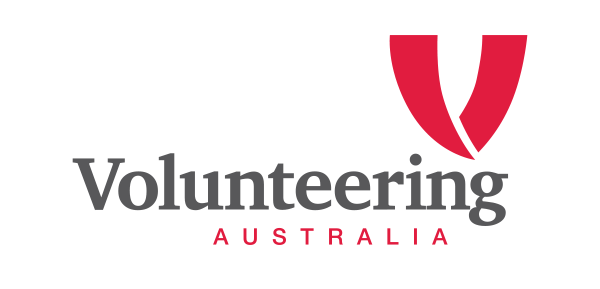When times are tough it’s important to know there are people you can turn to for help. It has been a challenging time for all of us and the COVID-19 pandemic has contributed to increased feelings of isolation and vulnerability.
When Australians phone for help it is likely a volunteer will be there to listen. Today, on World Suicide Prevention Day, I’d like to highlight and acknowledge the contribution of volunteers supporting people with mental illness. Volunteers are an integral part of the mental health workforce and their contribution needs to be better understood and strategically considered.
The lack of official data on the volunteer workforce in mental health services needs to be urgently addressed. The limited data that does exist suggests a significant contribution of volunteers in mental health services and supports. We know that certain mental health services, for example Lifeline, rely heavily on volunteers to deliver services. Each year, Lifeline trains over 1,000 new volunteer crisis supporters, equipping them with mental health first aid skills.
Volunteering is time freely given, but enabling volunteering is not free. Like paid workers, volunteers need induction, training and ongoing management. Funding needs to be available to support volunteering programs and to comply with sector standards and legislative requirements. For example, it is estimated that since its inception in 1963, Lifeline has provided Lifeline Mental Health First Aid Crisis Supporter Training to over 100,000 members of the Australian community. These volunteer workers need training and ongoing facilitation and management.
The recent inquiries into mental health have paid little or no explicit attention to the role of volunteering in the nation’s mental health. This is despite extensive evidence that volunteering can play a vital role in individual and community wellbeing. Volunteering offers three key contributions in the context of mental health and suicide prevention: the protective value of volunteering in sustaining good mental health, the role of volunteering in mental health recovery and the contribution of volunteers to the mental health workforce.
In June, I provided evidence to the Select Committee on Mental Health and Suicide Prevention following our submission. In collaboration with the State and Territory peak volunteering bodies, Volunteering Australia is currently preparing a submission on the new National Mental Health Workforce Strategy, highlighting the extensive contributions of volunteers in the sector, and the need to recognise and support volunteer involvement. Volunteering Australia will continue to advocate for the role of volunteering in mental health prevention and recovery to be recognised and supported.
Join me on World Suicide Prevention Day as we raise awareness of the impact of suicide in our communities and share support for the people that need it. To the volunteers in mental health services, thank you for being an integral part of the mental health workforce and for your role in supporting mental health and suicide prevention.
Mark Pearce, Volunteering Australia CEO
If you need someone to talk to, call:
- Lifeline on 13 11 14
- Kids Helpline on 1800 551 800
- MensLine Australia on 1300 789 978
- Suicide Call Back Service on 1300 659 467
- Beyond Blue on 1300 22 46 36
- Headspace on 1800 650 890
- QLife on 1800 184 527


